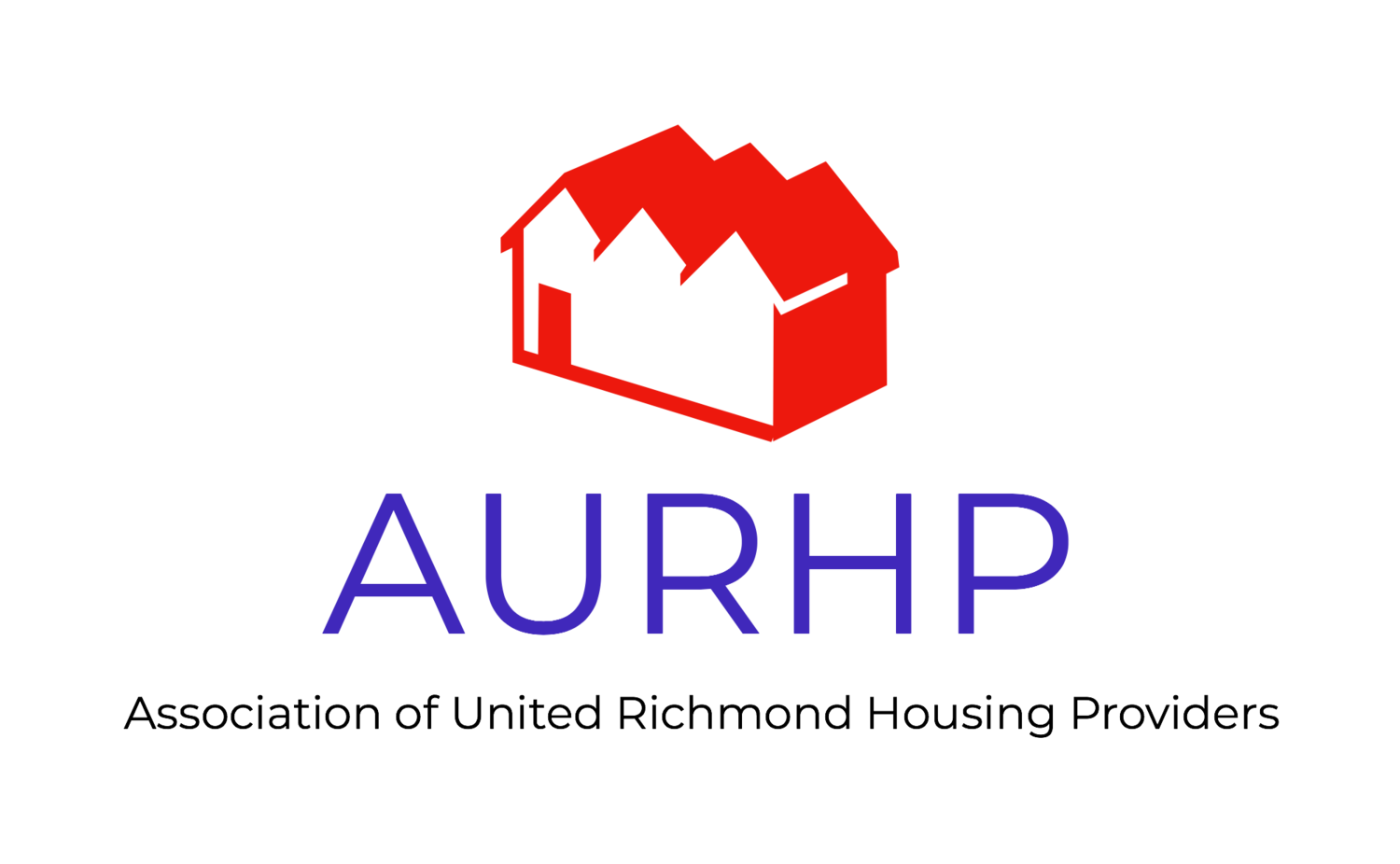Click here for primary argument in favor
Click here for primary argument against
Click here for rebuttal to argument against
Click here for rebuttal to argument in favor
Politicians often think that pushing any and all rent control laws is the golden goose. Anything labeled “pro-tenant” is a winner at the ballot box. But real leaders don’t mortgage the City’s future for short term political gains. Pushing damaging policy time and time again just because it seems popular is reckless and irresponsible. If you care about the future of housing in Richmond, we urge you to vote NO on Measure P
Measure P is a ballot initiative that was sponsored by Council Member Gayle McLaughlin and ultimately passed with a 5-2 vote by the City Council. Mayor Tom Butt and Councilman Bates voted no with Eduardo Martinez, Claudia Jimenez, Melvin Willis, Gayle McLaughlin, and Demnlus Johnson all voting yes.
Measure P would amend the existing Richmond rent control ordinance in one very simple yet dramatic way: it would cap annual allowable rent raises at 60% of the inflation rate or 3%, whichever is lower.
In the ten years prior to this year’s anomalous inflationary year (5.2%), the average inflation rate was 2.83%. Therefore, in most normal years, the average allowable annual increase a housing provider would implement under Richmond’s current ordinance would be below 3%.
Should Measure P pass, this 10 year 2.83% average would be reduced to just 1.698% per year. Under these circumstances, a housing provider with a rental unit at $950 would be allowed to increase the rent by just $16.
There are likely plenty of people who may think that a $16 raise is $16 too much. But for those who understand that there are consequences to such drastic regulations, the writing is on the wall for the future of Richmond’s housing industry.
Richmond housing providers are already burdened with the strictest rent control ordinance in the State. This has resulted in the following:
-Housing providers pay the highest rent control fee in the State, which cannot be passed through to tenants.
-Richmond’s rental housing property values are the lowest amongst any comparably rent controlled city. The price per square foot is just a fraction of what a non rental property’s value is.
-Richmond’s median rent (~$1500/month) is the lowest of any comparably rent controlled city.
-Richmond’s rental property tax rate is highest amongst any comparably rent controlled city.
-Thousands of owners have been intentionally trapped with severely below market rents due to the regulations of the rent control ordinance.
Meanwhile Richmond’s demographic of rental property owners is overwhelming comprised of small mom and pop owners. Many of which are of immigrant and/or blue-collar backgrounds. Just dealing with such a daunting set of regulations is hard enough on its own.
Richmond is also failing to meet its housing production goals. As of today, the city has achieved less than 50% of it’s quota. With just cause for eviction regulations placed on all properties, the desire for builders to develop is minimal. Even affordable housing developers are forced to pay hundreds of dollars in fees per unit and abide by stringent laws. Bad housing policy affects all housing.
The City Council did not need to pursue measure P. They had the ability to pass an urgency ordinance and use the Council’s police powers to temporarily cap rents should they truly deem it necessary. Although the annual adjustment was voted on in May by the Rent Board, this issue of capping rents never came before them. This measure was forced at the last minute by Gayle McLaughlin so that no public input or protest was possible.
